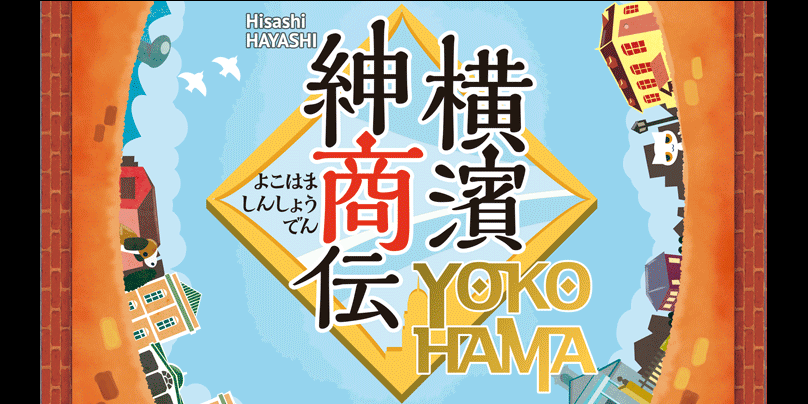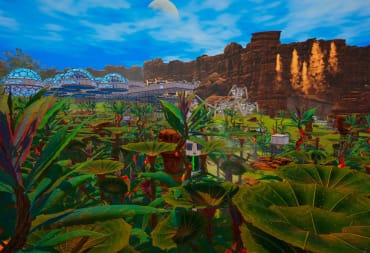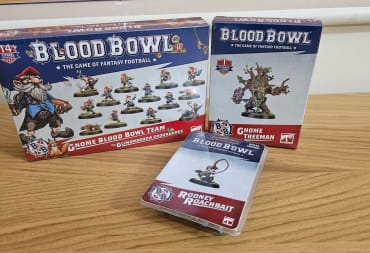The various themes of board games never cease to amaze me. From the outlandish to the incredibly mundane I often find myself amused at, and often my interest is piqued by the myriad themes that designers choose for their games. I also find myself surprised by some of the themes that absolutely draw me in. There are themes that I know I like, and themes that come out of nowhere to capture my attention, and there are games that I can't get enough of that ooze theme, and others that I love that really could have just about any theme and still be great. In Yokohama, each player plays as a merchant of the titular city trying to gain the most fame via successful business ventures. I can't say that's the most exciting theme in the world, but thankfully Yokohama doesn't really need to rely on its theme to be a solid game.
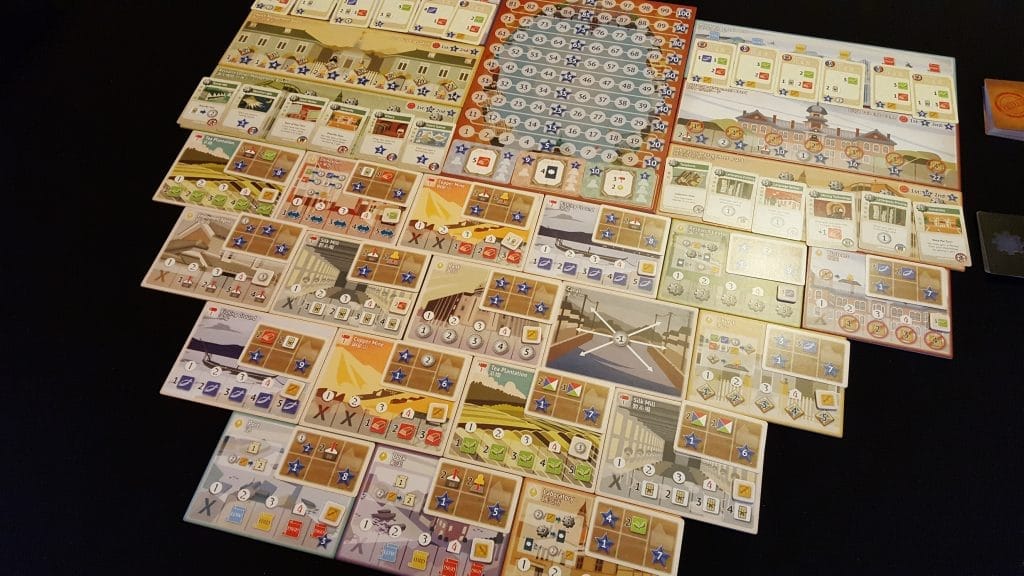
Yokohama is a Euro game through and through. There is essentially zero luck factor, points can be scored for a plethora of activities, and while players are competing against one another, there isn't really much that they can do to directly impact each other. The theme is, as is fairly standard with Euro games, almost entirely window dressing, and even though the game has attractive, clean, minimalist art, the iconography is so prevalent that the beautiful art almost gets lost behind it. The game-end conditions are particularly confusing thematically, as the game can end in any of five different ways, one of which is when enough people have been sent to Church. Yeah.
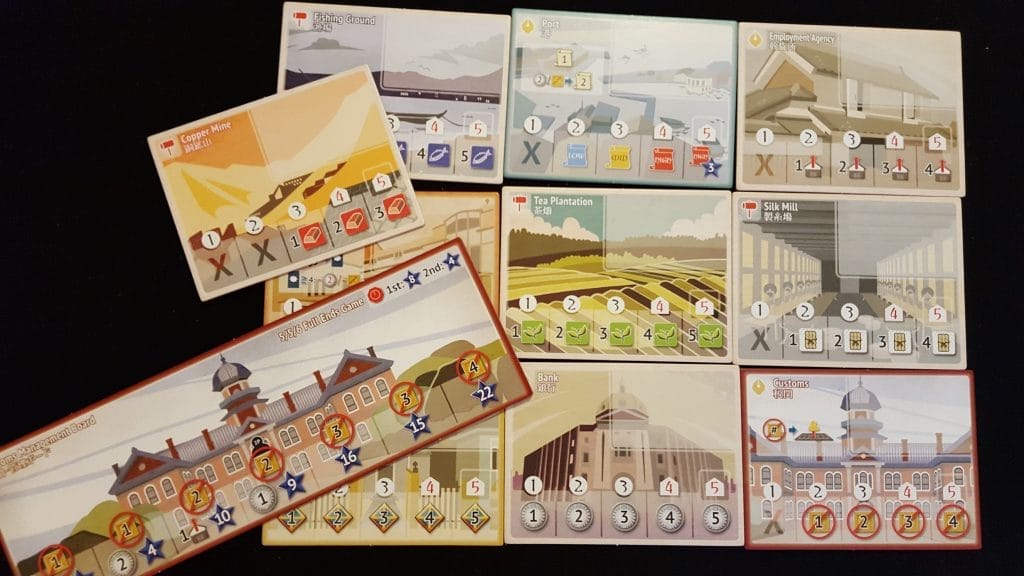
You aren't going to set up Yokohama because you want to feel like a Japanese shipping magnate, you are going to set up Yokohama because of the strategic options that it presents to you. If you like worker placement games, and you like to plan out your moves in advance, then you are going to be in heaven. The vast majority of your turns are spent placing assistants, which are your first type of worker, and then moving your President, the second type, to a location that you've previously placed workers on in order to collect some amount of resources or take some action. You can either place two assistants on one Production board or you can place 3 assistants each on different Production boards. When you move your President to a board, you activate that board based on your total power on that board. Power is a combination of the number of assistants, your President, and any buildings that you've built there.
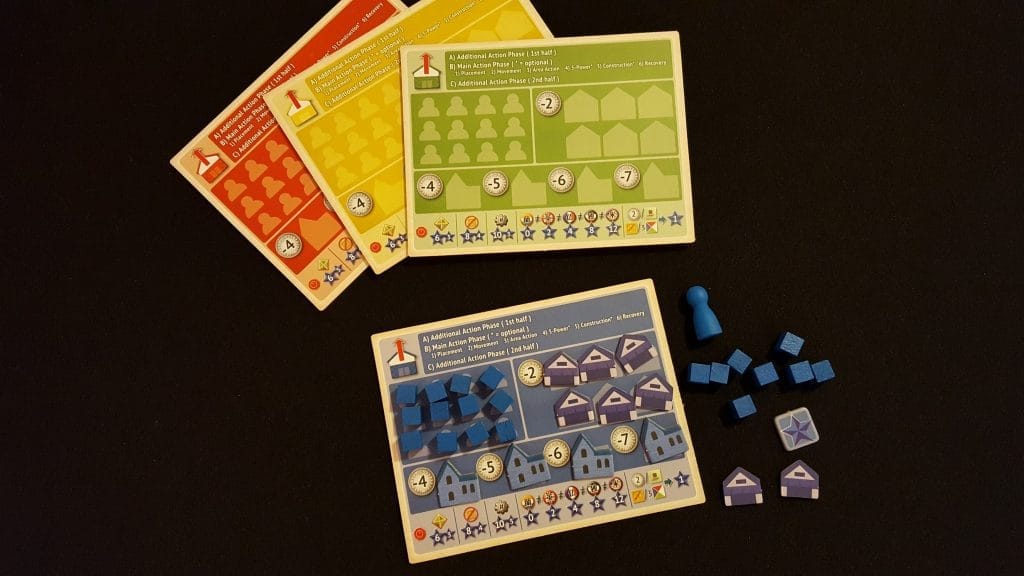
When you activate a Production board, the number of resource, or the strength of the action that you take, varies from 1 - 5 based on power. If you constantly place two assistants on a board and then move your President there you will get a quicker return, but you will only ever be able to generate 3 power at any one location. Instead, it pays to plan out your turns and spread your assistants out, especially when you are attempting to construct buildings at a particular location, or when you are triggering a board that lets you increase your power even further by spending resources.
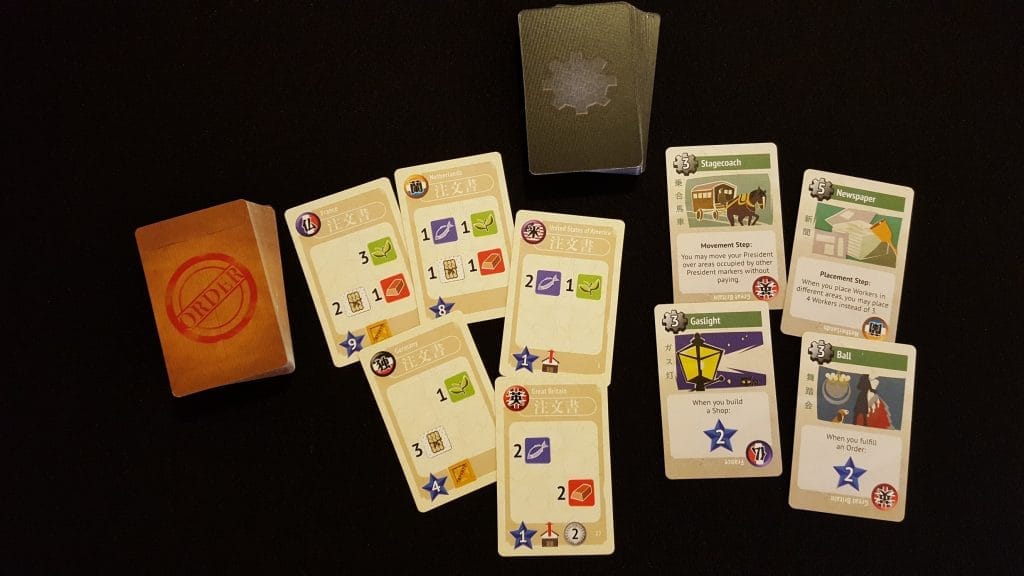
The one downside to planning your moves out ahead of time is that you can't but help to lay your plans out in front of your opponents. You can't directly harm the other players, but you can block them temporarily, and it can really pay off to be the first to take a high-powered action. While you need to pay attention to what your opponents are doing and where you think they will go, your focus needs to remain primarily on your plans. It's possible to block an opponent here and there, but you can't make that the center of your strategy, because there are almost always going to be numerous options available to each player at any one time.
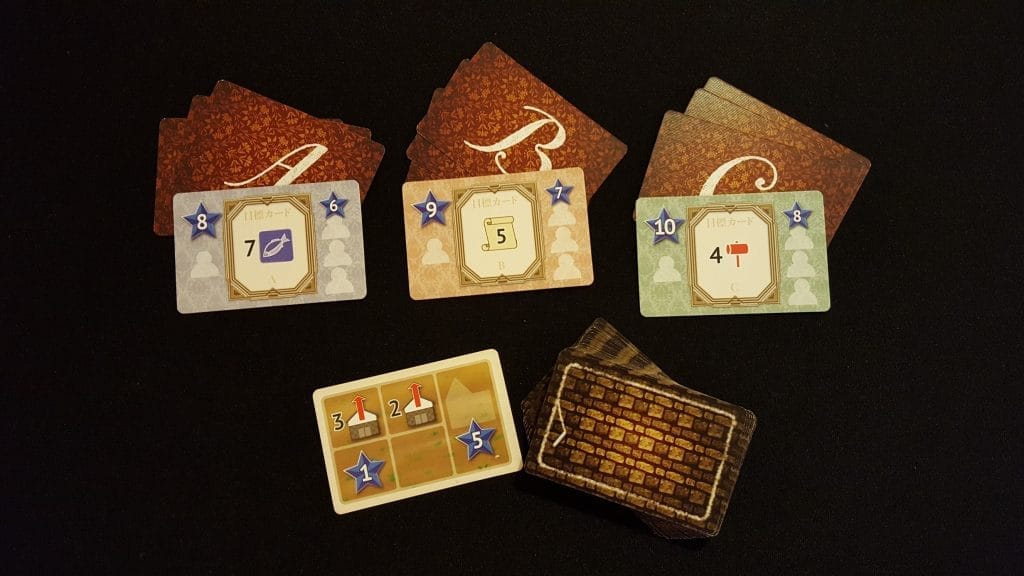
The total number of options available does mean that newer players tend to have a hard time planning and focusing, especially because points can be scored in so many different ways in Yokohama. Thankfully, it generally doesn't take more than one game for people to get a feel for how Yokohama plays. It can be tricky to choose a particular path and stick with it, especially if you don't know exactly how effective any on strategy is going to be until you've tried it, and the actions your opponents' take will always alter your plans in at least some small way, but there also doesn't seem to be one tried and true path to victory every time. In fact, the amount of randomization during setup actually seems to exist specifically to prevent people from being able to 'solve' Yokohama and come up with one single foolproof strategy for victory.
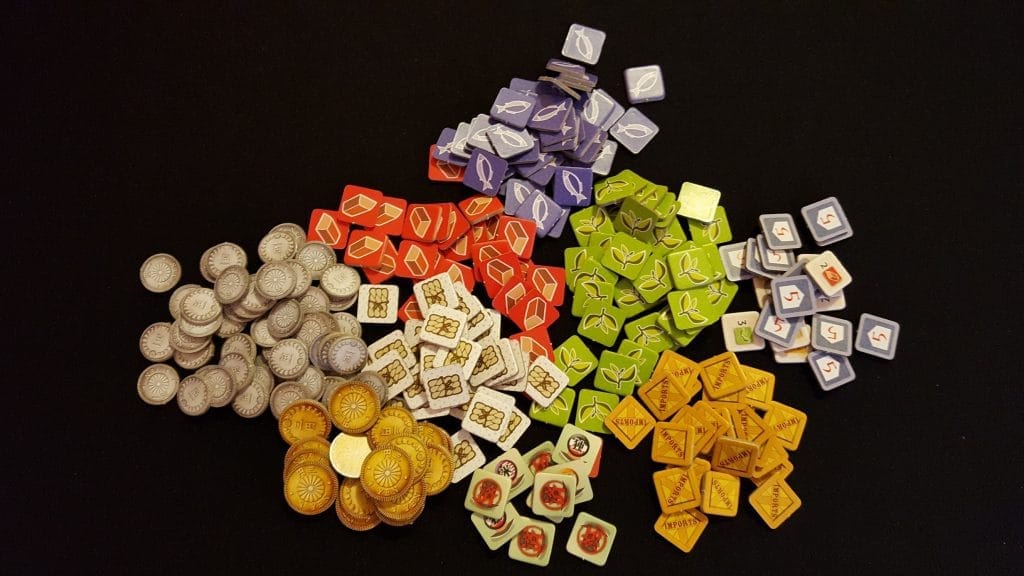
A note on player count: Yokohama plays well with 2, 3 and 4 players. The number of Production boards changes based on player count, so the best part of the game (the need to plan ahead and get what you need before the other players) remains at the forefront. Even though the board is significantly larger with four players, the game actually feels tighter at a full player count as there are more people that can potentially get in your way, yet the play time doesn't increase dramatically. Yokohama is best at 4, but it's still really solid at 2 or 3.
A note on “chrome”: Yokohama has very nice components, and a bright, colorful aesthetic. While the art style is very pretty, the board appears incredibly cluttered on first glance, and it actually looks intimidating and overwhelming until you can parse exactly what you are looking at, because there is iconography everywhere. That busy look holds a strong appeal for some people, but it put a few people that I played the game with off initially. I found the rulebook layout to be distracting, and I had more difficulty learning the rules than I should have considering how easy the game is to teach. Once you get over that initial hurdle it really is an easy game to teach to others, and thus learn, as long as you aren't trying to learn directly from the rulebook. One thing that is really nice about the rulebook is that nearly half of it, after the rules themselves, is dedicated to explaining Icons, Production boards, and cards, and so it's very easy to find clarification if a question arises during play.
The bottom line:
If you like worker placement games and the need to plan ahead then Yokohama is going to be right up your alley. There are so many paths and directions to take during the game that it can be overwhelming on your first play, but once you get a feel for how things shake out it can be very satisfying to plan out and execute a long term strategy. The board looks incredibly cluttered with iconography on first blush, but it is actually very easy to parse once you've got a feel for the layout of each Production board, and the random setup keeps things interesting game to game. Player interaction is indirect, although if you pay attention you can cause your opponents some headaches if you manage to beat them to places that they want to be. With that being said, you will want to leave yourself at least a few options each turn, because you can find yourself caught out if your opponents beat you to the punch, but if there's one thing Yokohama has in spades it's options.
Get this game if:
You enjoy Euro games.
You like worker placement games.
You like games where you need to plan ahead.
Avoid this game if:
You like a deep theme.
You prefer games that give you a more focused approach to victory.
The copy of Yokohama used for this review was provided by Tasty Minstrel Games.
Review Summary
If you like worker placement games and the need to plan ahead, then Yokohama is going to be right up your alley.
(Review Policy)Have a tip, or want to point out something we missed? Leave a Comment or e-mail us at tips@techraptor.net
